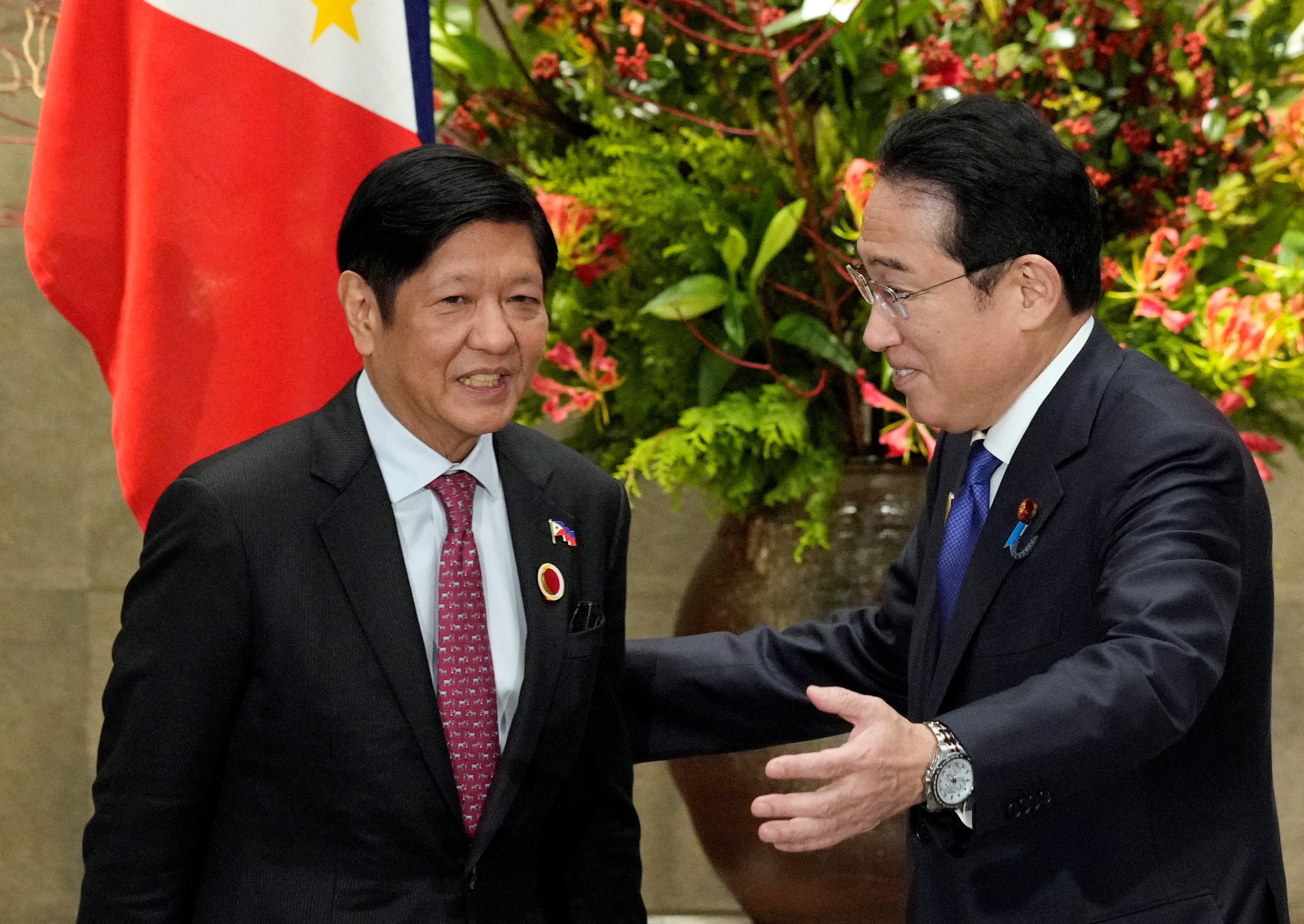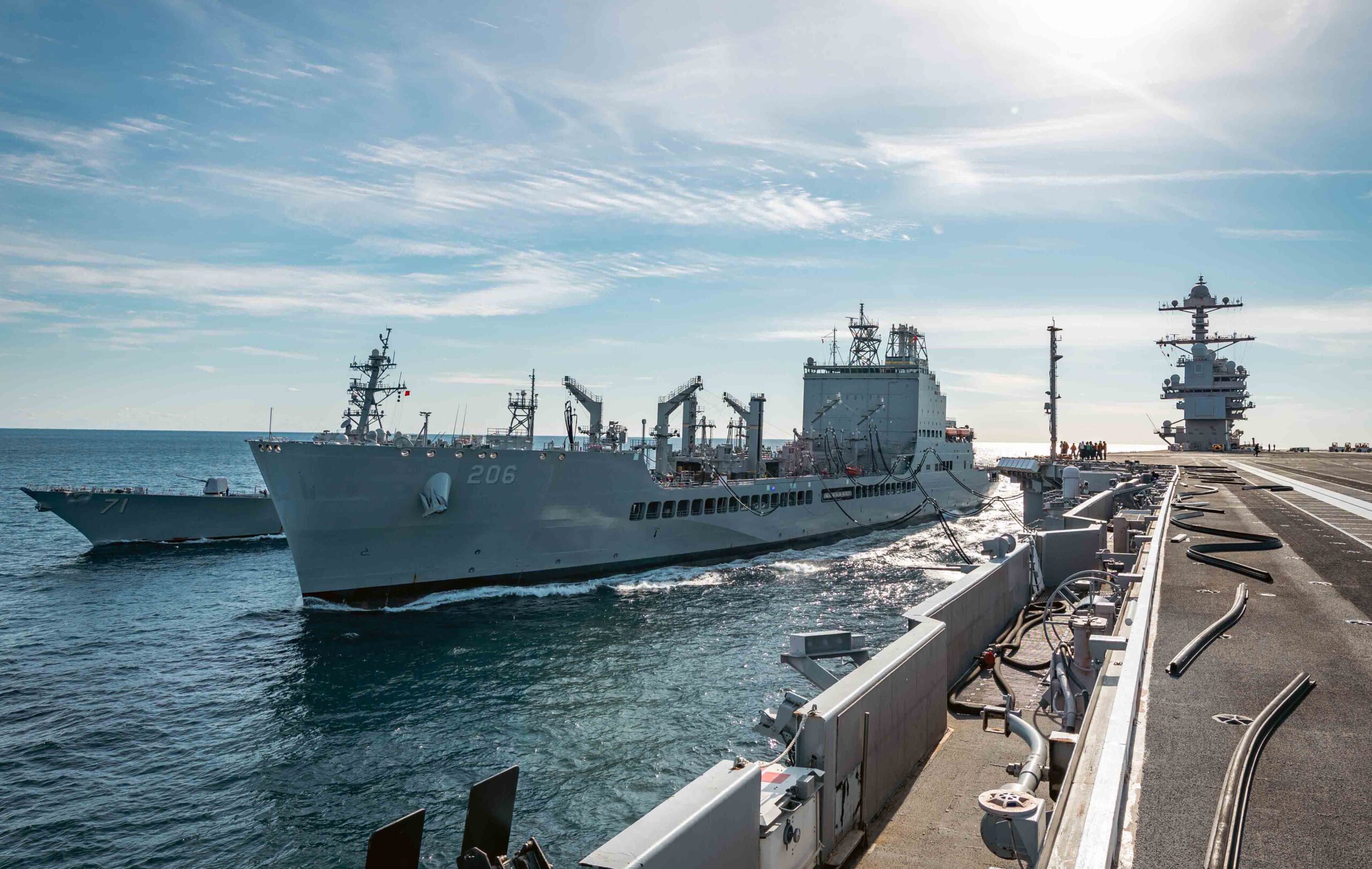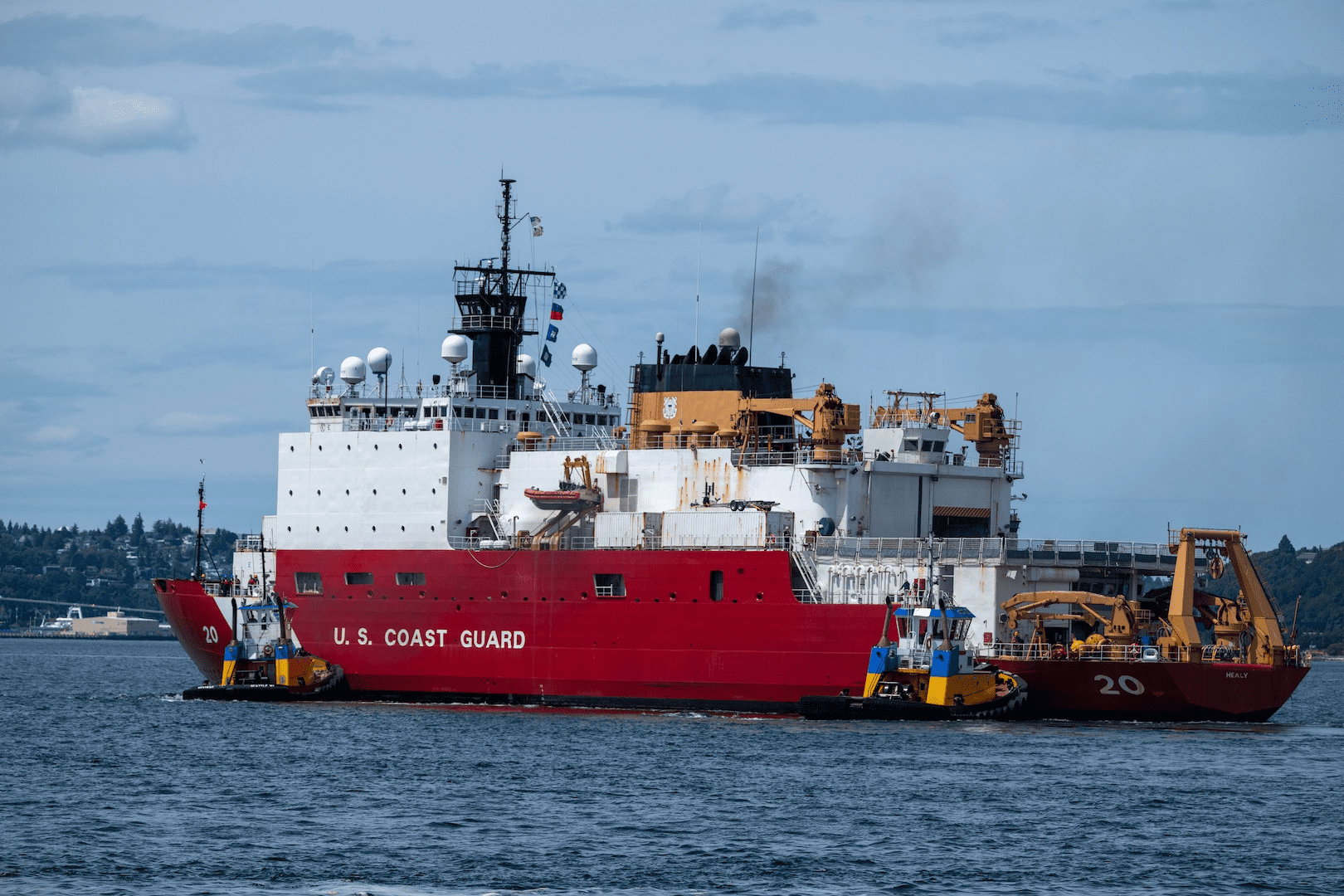By Karen Lema (Reuters) The Philippines and Japan have started talks on a reciprocal access agreement that would allow the deployment of military forces on each other’s soil, amid growing tensions in the region. Japan also has maritime disputes with China.
“It is not sufficient actually with just Japan and the Philippines to enter into this agreement. We really must get more of these kind of arrangements in place,” Marcos said.
Philippine President Ferdinand Marcos Jr said tensions in the South China Sea have “increased rather than diminished” in recent months, warning that a “more assertive China” posed a “real challenge” to its Asian neighbours.
In an interview with Japanese media on Saturday, Marcos underscored the need to forge strong alliances with like-minded allies, akin to the trilateral cooperation among the Philippines, Japan and the United States.
“I’m afraid we’ll have to be able to say that tensions have increased rather than diminished for the past months or the past years,” Marcos said, according to a press release from his office as he attends a Tokyo summit of Japan and the Association of Southeast Asian Nations (ASEAN).
A week ago, Manila and Beijing traded accusations over a collision of their vessels near a disputed shoal in the South China Sea as tensions over claims in the vital waterway escalate.
In addition to the Philippines, ASEAN members Vietnam, Indonesia, Malaysia and Brunei claim parts of the South China Sea disputed by China, which claims almost all of the sea, a conduit for more than $3 trillion of annual ship-borne commerce.
The Permanent Court of Arbitration in 2016 said China’s claims had no legal basis, a ruling the United States supports but Beijing rejects.
“We have to… continue to counsel peace and continue communication between the different countries – everyone that is involved,” Marcos said.
The challenge that China posed required “new solutions”, said Marcos, who has vowed to defend his country’s rights in the South China Sea after the collision, which Manila has described as a “serious escalation”.
(Reporting by Karen Lema in Manila; Editing by William Mallard, Rueters)

 Join The Club
Join The Club











